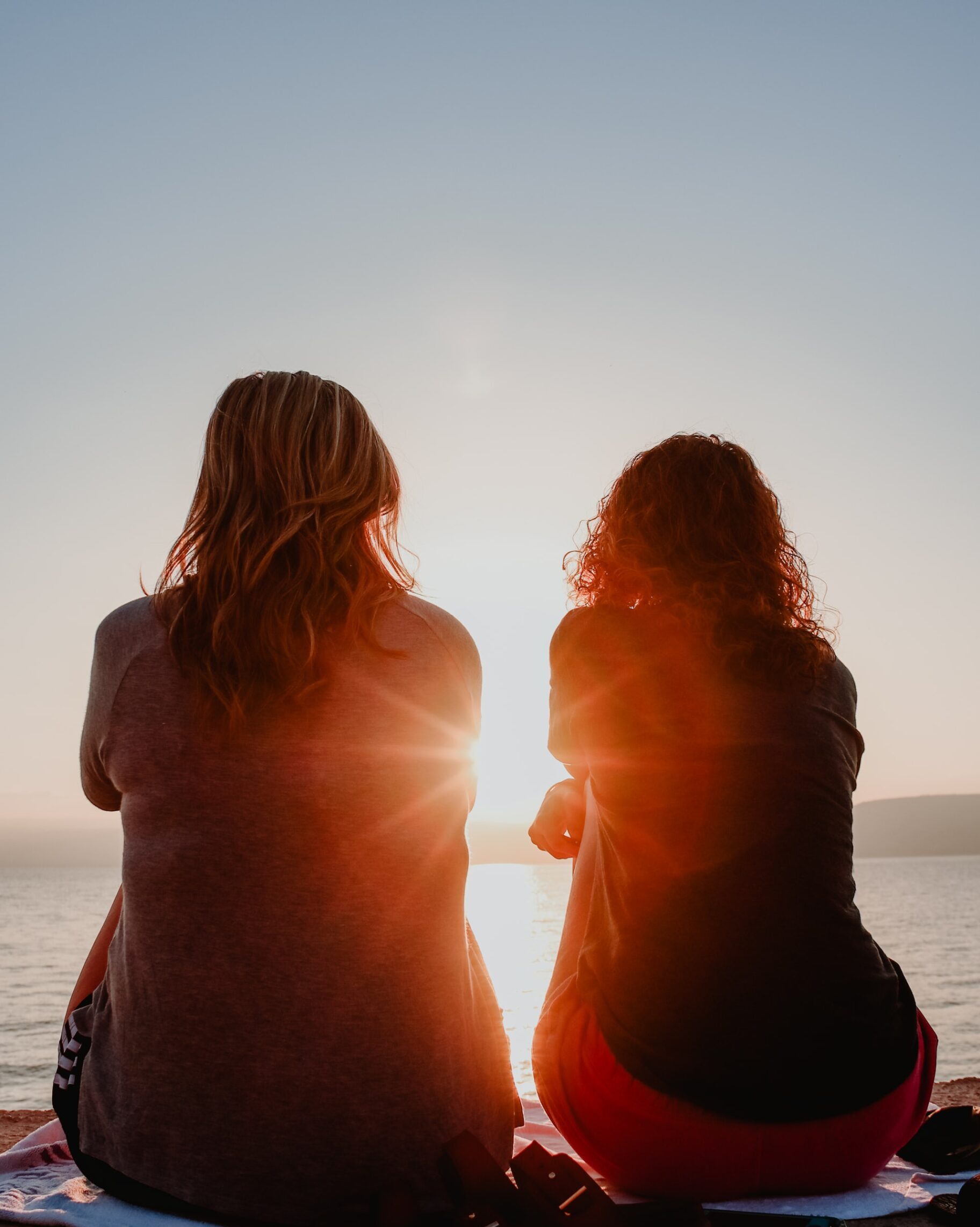The Importance of Intersectionality in LGBTQIA+ Support
Queer issues are at the forefront of the American culture war. Staying informed about how hate groups and right-wing politicians disproportionately target our LGBTQIA+ friends, family, and loved ones is key to keeping them safe. As you learn more about the issues surrounding the LGBTQIA+ community, you may be wondering what intersectionality is. Intersectionality is a useful framework for understanding the lived experiences across the spectrum of LGBTQIA+ identities and can help us focus on those who need help.
What is Intersectionality?
Coined in the ‘70s and ‘80s by Black feminists, intersectionality is the idea that our social categories (such as race, ethnicity, class, gender, sexuality, age, citizenship status, and ability) are all interconnected. They’re not just separate identities—they actually work together and have complex issues that transcend each individual group. There are unique societal and structural inequalities and discriminations that overlap between categories. For example, a trans woman has to deal with transphobia; a Black trans woman has to cope with transphobia and racism. Their day-to-day interactions with others are affected, as well as how they move through American structural systems such as schooling, government assistance, and hiring practices.
Intersectionality is a useful lens for learning new perspectives on more than just queer issues; that being said, we can discover new ways of approaching disadvantaged LGBTQIA+ populations. These multiple levels of discrimination significantly affect whether a person has access to legal representation, healthcare, basic social services, and community support.
Intersectional Issues Affecting LGTBQIA+ People
- Black LGBTQIA+ youth are the least likely group to receive adequate mental health care.
- LGBTQIA+ youth are more than twice as likely to experience homelessness as their heterosexual peers.
- Lesbian, bisexual, and trans women are more likely than their heterosexual peers to be victims of violence.
- Same-sex couples are more likely to experience housing discrimination.
- Trans people are significantly less likely than their cis-gendered peers to own homes and property.
- Black and disabled LGBTQIA+ people are significantly less likely to receive government assistance.
- Black and Latina queer women have been disproportionately affected by Covid-19 due to their higher representation among low-income workers.
- Queer youth were more likely to suffer abuse at home during the Covid-19 lockdowns than their cis-gendered heterosexual counterparts.
How You Can Help
Shift your perspective
As you learn more about the diverse ways people are disadvantaged in America, it’s important to adjust how you talk about them. Adapting your language and ideas is the first step toward making meaningful change. Listen to others when they talk about their real lived experiences—you never know what someone is going through and who you might learn from.
Hold others accountable
Don’t let disparaging talk and slurs slide within your own family. Do your best to educate those around you who aren’t fully realized allies. Building a community of people aligned with LGBTQIA+ folks is one of the most important ways we can change societal attitudes. This also means holding yourself accountable: notice when you’re pushing back or feel offended by someone’s identity and lived experience. Question your immediate reactions.
Take action
As dangerous rhetoric against LGTBQIA+ people in the United States is ramping up, queer communities need help. Take action by directly working with people in your area. Local politics are also crucial for impacting school districts, city laws, and public safety. Volunteer for a local non-government organization that targets and works directly with people who are experiencing homelessness, need medical care, and are looking for legal representation.
To find out more about how to directly impact and better the lives of LGBTQIA+ around the country, please reach out to us.

